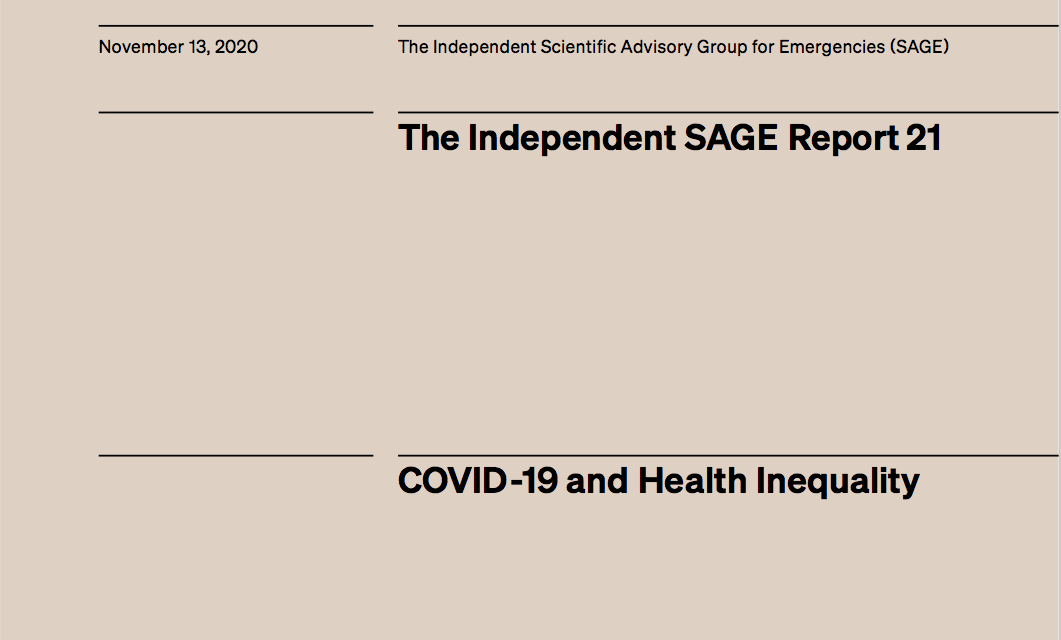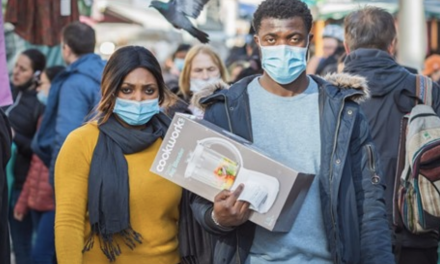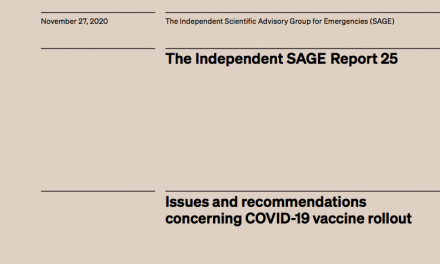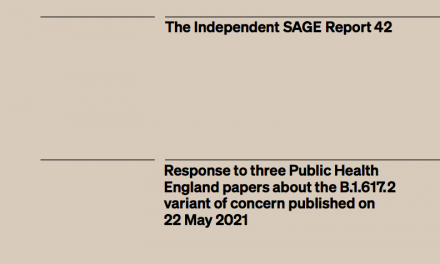The most deprived neighbourhoods in England have a COVID-19 mortality rate more than twice that of the most affluent. Likewise, people in the lowest paid occupations are twice as likely as those in higher occupational groups (such as professionals and business leaders) to die from COVID-19. This report examines these inequalities in COVID-19 in more detail – contextualising them within the wider issue of health inequalities[i]. Firstly, the report provides an overview of socio-economic health inequalities in the UK. It then summarises epidemiological evidence of socio-economic inequalities in relation to COVID-19 (both in the UK and internationally) and examines the pathways linking COVID-19 and inequality. In part three, it examines inequalities and the impact of the emergency policy response to COVID-19, including the lockdown, the emerging parallel pandemic of restricting non-COVID NHS services, mental health impacts, rising homelessness and school closures. Part four examines the emerging evidence of an unequal COVID-19 economic crisis and the impact that it could have on future health inequalities. The report concludes by outlining some key recommendations whereby local government and devolved authorities, the NHS and national government can act to reduce these inequalities.
COVID-19 and health inequality





